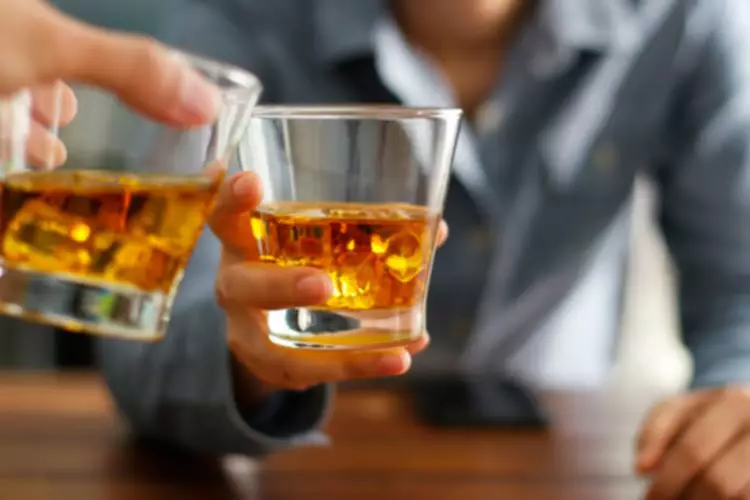
It is important to note that individuals in recovery have the power to resist and make choices that align with their recovery goals. By being aware of these influences and developing coping strategies, they can protect their sobriety and maintain a healthy, drug-free lifestyle. Strong negative emotions such as sadness, anger, frustration, or loneliness substantially augment the risk of relapse.

Types of Triggers That Can Lead to Addiction Relapse
Part of managing external triggers involves simply removing the source. This may mean leaving the grocery store or not saying hello to a friend from that period in your life. Recovered is not a medical, healthcare or therapeutic services provider and no medical,psychiatric, psychological or physical treatment or advice is being provided by Recovered. Ifyou are facing a medical emergency or considering suicide or self harm, please call 911immediately. The purpose of this rule is to remind individuals not to resist or sabotage change by insisting that they do recovery their way. A simple test of whether a person is bending the rules is if they look for loopholes in recovery.
Building a Support System
- 12-step programs, such as Alcoholics Anonymous (AA), Cocaine Anonymous (CA), and Narcotics Anonymous (NA), provide additional guidance and support for people in recovery.
- In this post, we discuss 10 of the most common addiction relapse triggers.
- Where physical, spiritual, educational, and financial needs are addressed with a Christian approach for long-lasting recovery.
Some examples of high-risk situations include being around substances, such as parties, bars, or environments where types of relapse triggers drugs or alcohol are accessible. Emotional distress, such as stress, anxiety, or depression can also lead to relapse. This plan includes identifying triggers, developing coping strategies, setting boundaries, and having an emergency plan. Second, mind-body relaxation helps individuals let go of negative thinking such as dwelling on the past or worrying about the future, which are triggers for relapse. The practice of self-care during mind-body relaxation translates into self-care in the rest of life.

People Who Influence Cravings

Addiction relapses are similar in that the individual needs to seek treatment to get back on track. To overcome withdrawal symptoms, most people need some form of detoxification or withdrawal management service. A long-term, severe relapse might require residential treatment, while people with prior experience in a treatment program may do well with outpatient therapy. Whatever the course of treatment, it will involve the person identifying the reasons they relapse and learning what steps to take to prevent it in the future.
- Excessive stress is another critical factor that overwhelms individuals in recovery, making them more likely to turn to substances in search of relief.
- It may seem obvious to point out that drug and alcohol cravings can trigger a relapse, but it is worth discussing so that you can develop a plan for dealing with these triggers.
- Relapse triggers are social, psychological, and emotional situations and events that may lead an addicted person to seek out their substance of choice and ultimately relapse.
- There are other self-help groups, including Women for Sobriety, Secular Organizations for Sobriety, Smart Recovery, and Caduceus groups for health professionals.
Following Through with Treatment

A drug relapse is an instance of substance misuse after previously stopping use. Get you or your loved one help for addiction or mental health issues today. While avoidance can be helpful, it’s not always possible or healthy.


